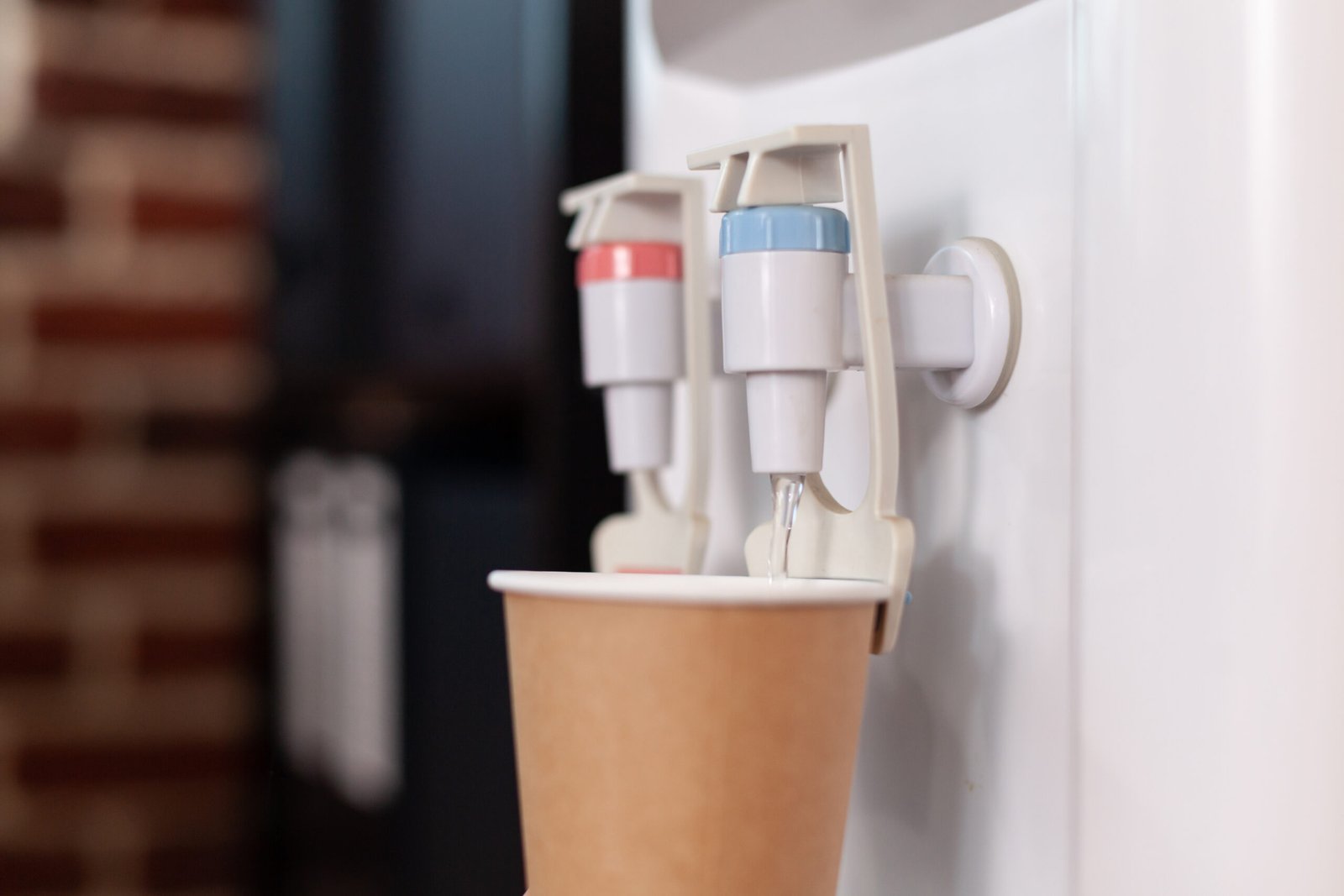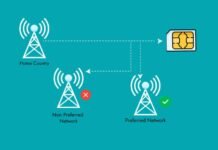Cost-effectiveness and sustainability are becoming more and more important in contemporary workplace settings. Among the many tactics to accomplish these objectives, installing effective water coolers is essential. Water coolers are frequently disregarded when considering office equipment, yet they greatly influence energy use and, by extension, operating expenses. This article examines how energy-efficient water coolers save office energy expenses and foster a more environmentally friendly workplace.

Energy Usage in Office Environments
Offices are centres of electrical activity, with several appliances, HVAC systems, lights, and computers operating nonstop. Small as they may seem, water coolers are a component of this ecosystem that uses a lot of energy. The amount of power required to keep hot and cold water supply constant in traditional water coolers might be shockingly high. This ongoing energy drain might result from a greater carbon footprint and increased electricity costs.
Advantages of Energy-Saving Water Coolers:
Lower Energy Costs: When compared to their older counterparts, energy-efficient water coolers use less electricity. Using energy-saving technology, these coolers may drastically lower the amount of energy needed to maintain hot and cold water supplies. This decrease in energy usage eventually results in cheaper electricity bills, which lowers total office costs.
Environmental Impact: A reduced carbon footprint results from reduced energy use. Offices may cut down on greenhouse gas emissions and their dependency on fossil fuels by using energy-efficient water coolers. This supports a greener, more sustainable workplace and is in line with CSR objectives.
Better Worker Health and Productivity: Worker health and productivity must have access to cold, clean drinking water. Water coolers that are efficient provide a consistent supply without wasting energy as older versions do. Employees who have consistent access to water are more likely to keep hydrated, which improves attention, productivity, and general well-being.
Beyond Energy Bills Savings: Longevity and low maintenance requirements are two more benefits of efficient water coolers. Buying a high-quality, energy-efficient water cooler now can save money in the long run on replacement and repair expenses. Furthermore, several versions come equipped with features like bottle-less systems that are directly connected to the water supply, which removes the need for recurring supplies of bottled water and significantly lowers operating costs.
Putting Water Coolers at the Office:
Offices should take into account several criteria when choosing and using efficient water coolers to get the most out of these appliances. Assess the unique requirements of the workplace first, taking into account the personnel count and water usage per day. Select models with the most recent energy-saving features and the right size. To guarantee that the water coolers run as efficiently as possible, regular maintenance is also necessary. Regular maintenance can further optimize energy consumption by preventing small issues from becoming larger ones.
Conclusion: An economical and energy-conscious office setting must include efficient water coolers. These appliances provide many advantages that go beyond just providing water, such as less energy use, cheaper utility costs, and increased sustainability. Investing in cutting-edge water cooler equipment is a wise and practical move for offices that are looking for methods to increase productivity and lessen their environmental impact.







